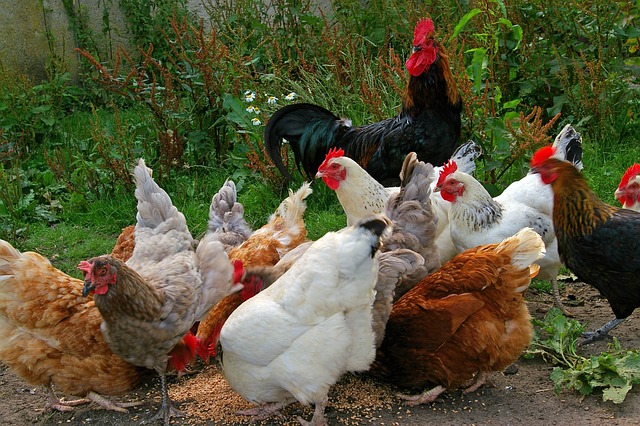Just to be clear, I am not talking about your simple family farm or rural America for that matter. This weeks theme is based on the large scale industrial production of livestock for meats and other products that go to your daily supermarket, fast food restaurant, or what have you.
This picture is of a “lagoon” that is quite literally a lake of animal waste. Storage and disposal of manure and animal waste are among the most significant challenges for industries that handle livestock production. By any estimate, the amount of farm animal waste produced annually in the United States is enormous; the United States Department of Agriculture (USDA) estimates around 500 million tons of manure are produced annually by operations that confine livestock and poultry.
That is more than three times the EPA estimate of 150 million tons of human sanitary waste produced annually in the US. And in comparison to the lesser amount of human waste, the management and disposal of animal wastes are poorly regulated.
The lagoons sometimes rupture after heavy rains, and the fields on which waste is sprayed leak polluted runoff into streams and rivers.
Most animal waste produced at factory farms is spread on the ground untreated, according to Pew Commission. In addition to threatening drinking water sources, nutrients within animal waste often seep into groundwater or waterways, where they contribute to reduced oxygen levels in aquatic ecosystems. This is thought to have contributed to the increasing problem of dead zones along the coasts of the US.
If structures are built properly to handle this waste, technology can actually capture the gases released from the waste to produce energy. There are certain farms that are testing this new technology and it will only be a matter of time before this becomes the standard way of doing things.
Thoughts, Comments, Questions…


